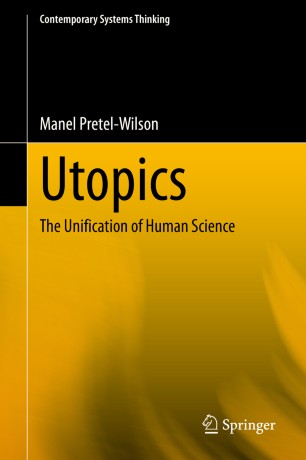

Most ebook files are in PDF format, so you can easily read them using various software such as Foxit Reader or directly on the Google Chrome browser.
Some ebook files are released by publishers in other formats such as .awz, .mobi, .epub, .fb2, etc. You may need to install specific software to read these formats on mobile/PC, such as Calibre.
Please read the tutorial at this link: https://ebookbell.com/faq
We offer FREE conversion to the popular formats you request; however, this may take some time. Therefore, right after payment, please email us, and we will try to provide the service as quickly as possible.
For some exceptional file formats or broken links (if any), please refrain from opening any disputes. Instead, email us first, and we will try to assist within a maximum of 6 hours.
EbookBell Team

4.8
104 reviewsThe book consolidates systems thinking as a new world-hypothesis that is already suggesting itself behind the advancement of quantum mechanics and Ashby’s cybernetics. In particular, it shows how Einstein’s misgivings about quantum mechanics boil down to his persistence in defending the principle of contiguity at the root of the modern cosmology and, in relation to neo-cybernetics, the book rediscovers Ashby’s theory of adaptive behaviour enabling a new synthesis between physiology, psychology and ethology that has implications for systems practice.
Furthermore, this new “cosmology” comes with a new “anthropology” that informs utopics, the science of utopic systems, and sheds new light on the actual founding fathers of the domain of human science. In particular, the book provides an understanding of how our human world works and how it is being constituted by utopic systems that look into the future to realize something possible. Finally, it points the way to the future unification of knowledge bringing together systems philosophy and systems science given that world-hypothesis is what makes logically possible the development and consolidation of all the different domains of science.